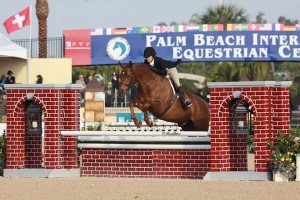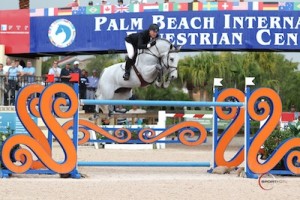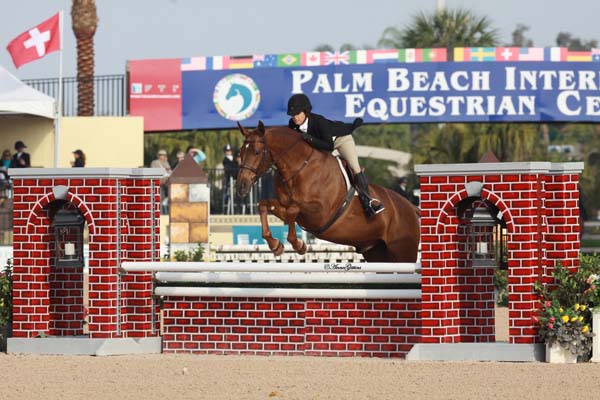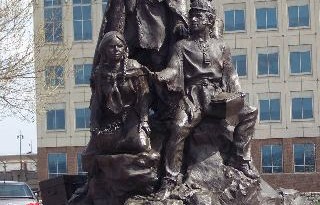Princesses, Horses, and Heroism

Watching Brave in the movie theater, I tried to keep a blogger’s keen eye on the story. At one point, though, I became totally captivated, lost in the moment of Merida galloping her black steed Angus through the forest. I found myself transported to another world because the scene created a very real and emotional connection.
As my friends and regular followers of the blog know, I’m a horse-lover. My mom and dad made the huge blunder of taking me to see the Lippizans at the age of two, and from that day forward every toy was handed back with the request, “Horse?” About a decade later, I took my first riding lesson. Naturally, I wanted to include my love of horses in my novel Wynde.
A few years ago, I would have been terrified to do that. When a person starts down the fanfiction road, they generally write what they’re familiar with, so often when I designed my stories I considered an animal or two. Even though writing was my hobby back then, I always wanted to improve. Reading up on the do’s and don’ts, I quickly discovered the term Mary Sue. If you write a fanfiction about a female Skywalker twin with Force powers and give her a pet and then take the Litmus Test, you might believe that your characterization is hopelessly flawed on the Mary Sue scale. Thankfully, though, I kept researching and thinking about characterization, learning what the term really represents instead of the misinterpretations and misuses – especially as a sexist slur – that can pervade message boards.
Ultimately, I’ve concluded that a checklist isn’t what defines a Mary Sue or a Gary Stu – and some characters can check off all the supposed characteristics and still be well-crafted rather than hollow.
Looking back on it now, I’m glad for my adventures in fanfiction because it helped me worked past being afraid of silly boxes that often are put around female characters. A couple of my goals, when I set out to outline my original novel, were to smash tropes and kick Mary Sue’s proverbial butt. One of the reasons I think this step is important, and a natural part of the evolution for storytelling toward gender equality, is that audiences need to read stories that face down the obstacles and clichés that have kept women from being portrayed as equals. We have to deal with them to move on.
Elements that are comfortable and familiar are far more likely to entice a reader into the story. After a reader is hooked, that’s when I believe I can shake things up. For instance, Vespa, while not a true princess, is a modern-day version: she’s the daughter of a powerful politician and world-renowned entrepreneur. She has means and fame (or perhaps better put, notoriety). Those princess-like conceits open doors in the storytelling to make it an epic adventure. At the same time, those same aspects of her character will prove to be huge, seemingly insurmountable obstacles in her heroine’s journey.
The modern-day princess and her horse aren’t a huge part of the story in Wynde. It’s a brief moment to show who she is, and to create the Princess moment. Early in the book I establish her fearlessness as a pilot, but I also wanted readers to understand she was attuned with nature. In my earlier riding years, we used to sneak into the fields with halters and lead ropes, grab a few horses, and play Cowboys & Indians bareback. We galloped across fields, flying without a care in the world, one with the wind, fearless… until one or two of us eventually got bucked off. The important thing about falling is getting back on, to overcome the fear of falling or failing.

Fear is a funny thing, too. It’s my opinion that fearlessness disappears as a person crosses the threshold into adulthood, and that heroes are created by giving them the mental fortitude to defeat the fear inside – this is as true in real life as in fiction. When a horse rears or tries to toss me, I’m afraid. Giving into the fear results in the body entering a fetal position, and then I’m guaranteed a fall. So while I experience fear in the moment, I refuse to let it govern my reaction. In The Hunger Games, Katniss showed true fear; I connected with that. We don’t get to see that emotional struggle often in stories, and in the book and movie it was wonderfully done. I thought capturing a moment of Vespa out on a ride with her black steed would be the right place to start laying the groundwork for these types of internal struggles as she grasps the first days of adulthood.
The horse symbolizes power, freedom, and harmony with nature. That symbolism will be very important to the Fireheart Series. But I’d better put the head back down and continue my edits on the novel. I had been inspired by this one little part with my heroine and her horse, so I thought I’d share it over at TriciaBarr.com. I think some of my friends from the Cantina will be excited to see this. About a year ago they helped me name Vespa’s horse. Thanks, my friends, for all your support.
Tricia Barr took her understanding of brand management and marketing, mixed it with a love of genre storytelling, and added a dash of social media flare to create FANgirl Blog, where she discusses Star Wars, fandom, and strong female characters. She also writes about Star Wars for Random House’s science fiction and fantasy blog Suvudu.com. Her interview with X-Wing: Mercy Kill author Aaron Allston can be found in this month’s Star Wars Insider Issue 135.
In her spare time, Tricia puts the finishing touches on her first novel, Wynde. For excerpts and tales of her adventures in creating a fictional universe, hop over to TriciaBarr.com.
For updates on all things FANgirl follow @FANgirlcantina on Twitter or like FANgirl Zone on Facebook.
- Let’s Win the Season of the Force Scavenger Hunt - April 10, 2024
- Hyperspace Theories: Metamorphosis and Sacrifice in The Bad Batch Season Two - March 22, 2024
- Fangirls Going Rogue: The Bad Batch Returns - March 1, 2024










Pingback:BB-8 Inspires STEM For Everyone « FANgirl Blog